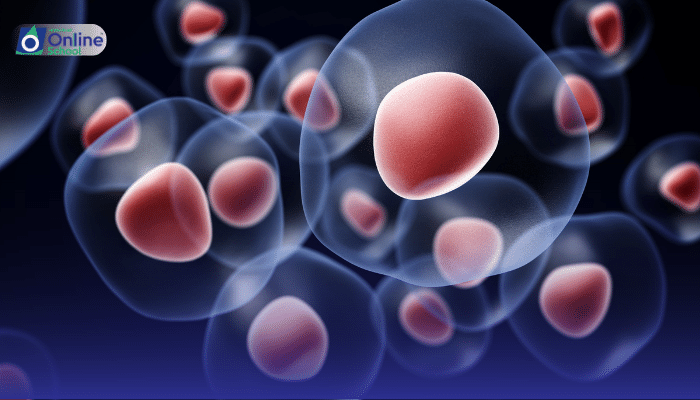
Learning Outcomes:
i. Students will describe endocytosis, its types, and its functions within the cell.
ii. They will explain exocytosis and understand its role in cellular processes.
Content:
i. Endocytosis: The Cell's Ingestion Process: Endocytosis is the process by which cells internalize particles, fluids, and macromolecules from their surroundings.
ii. Types of Endocytosis:
Phagocytosis: Often called "cellular eating," this involves the cell engulfing solid particles, such as when white blood cells ingest bacteria.
Pinocytosis: Also known as "cellular drinking," it involves the cell taking in small droplets of fluid from the surrounding environment.
Receptor-mediated endocytosis: This is a highly selective process where cells absorb specific molecules bound to receptors on their surface, like the uptake of cholesterol.
iii. Functions of Endocytosis: Endocytosis allows cells to acquire nutrients, regulate surface receptors, and remove pathogens or debris from the extracellular space.
iv. Exocytosis: The Cell's Export System
Exocytosis is the process by which cells move materials from within the cell out into the extracellular space.
This is essential for the secretion of substances such as hormones, neurotransmitters, and enzymes. It is also the mechanism for cell membrane growth and repair.
List of Important Questions for Self-Study:
i. What is endocytosis, and how does it differ from exocytosis?
ii. Can you describe the different types of endocytosis and give an example of each?
iii. How do cells use endocytosis to maintain homeostasis?
iv. Why is exocytosis important for cells that secrete substances?
v. How might a defect in the process of exocytosis affect an organism?
vi. What roles do endocytosis and exocytosis play in communication between cells?
vii. How does receptor-mediated endocytosis ensure specificity in the uptake of molecules?
viii. What might happen to a cell if it could not perform endocytosis?
ix. How do endocytosis and exocytosis contribute to the dynamic nature of the plasma membrane?
x. How do cells regulate the processes of endocytosis and exocytosis?
Important Terminologies Used in Lesson:
Endocytosis: A cellular process in which substances are brought into the cell.
Exocytosis: A process by which a cell transports secretory products through the cytoplasm to the plasma membrane.
Phagocytosis: A type of endocytosis in which a cell engulfs large particles or cells.
Pinocytosis: A form of endocytosis where a cell engulfs liquid from the surrounding environment.
Receptor-mediated Endocytosis: A form of endocytosis by which cells internalize molecules (such as proteins) by the inward budding of plasma membrane vesicles.